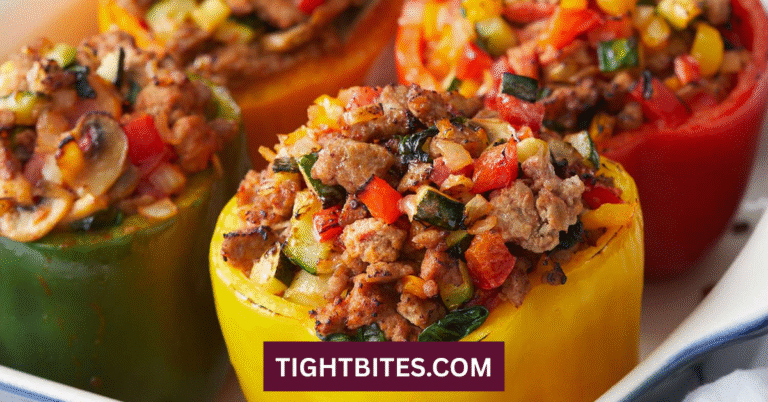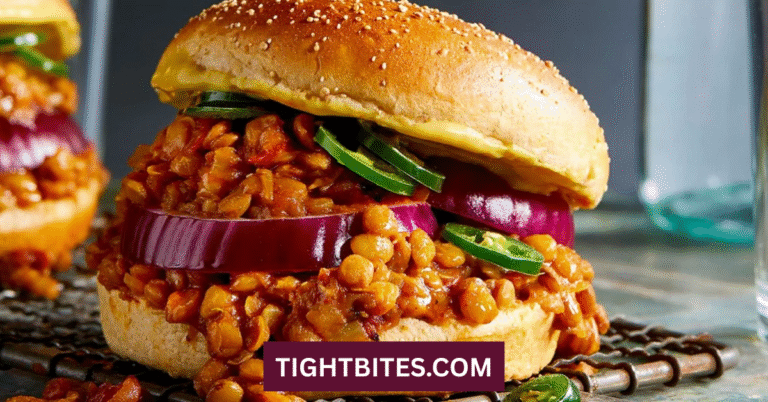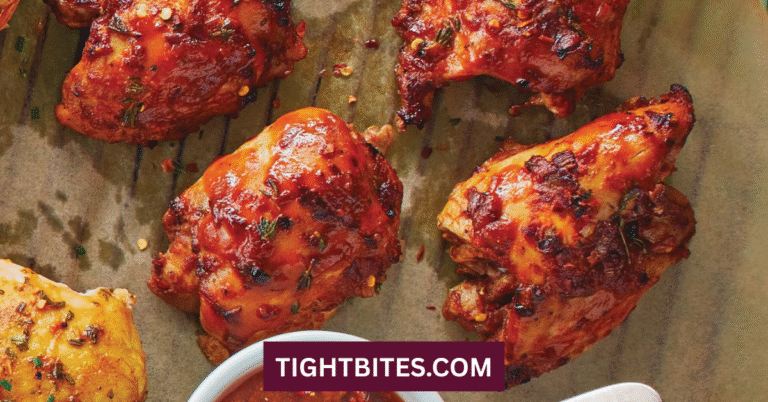Budget Friendly Cooking for Beginners Start in 2025
Discover the ultimate guide to budget-friendly cooking for beginners in 2025! Learn easy recipes, smart shopping tips, and simple cooking hacks to enjoy affordable, delicious meals every day.
Starting your cooking journey can feel overwhelming, especially when you’re trying to stick to a tight budget. But guess what? You don’t have to spend a fortune to whip up mouthwatering meals! 🌟 In fact, according to a recent survey, over 65% of people say they actually prefer budget meals because they’re just as tasty — and even healthier — than expensive ones.
Whether you’re a college student, a newly independent adult, or just someone looking to cut down food costs, budget-friendly cooking for beginners is your golden ticket to a happier wallet and a fuller belly! 🍴 Cooking affordable meals isn’t about settling for boring food — it’s about being creative, resourceful, and smart in the kitchen.
In this guide, I’ll show you how to master simple, delicious, and affordable meals step-by-step. Let’s dive in and unlock your inner home chef without breaking the bank!
1. Why Budget-Friendly Cooking Matters for Beginners
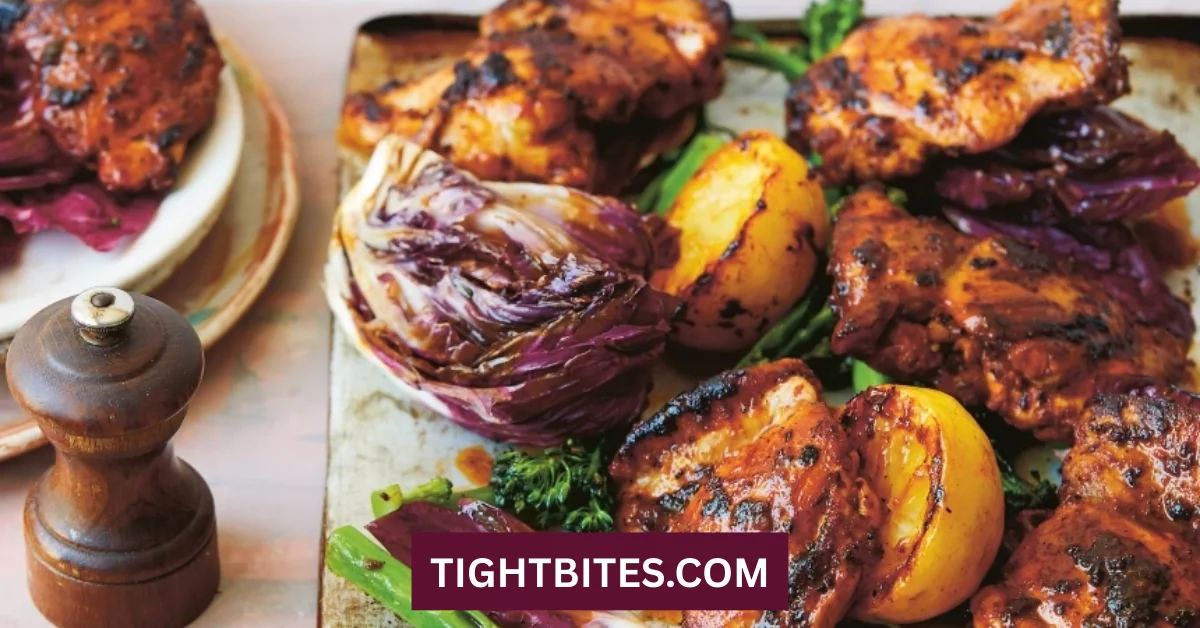
When you start cooking for yourself, the costs of eating out or buying processed foods can add up quickly. Home cooking empowers you to control your spending and stick to your budget. A simple switch from dining out twice a week to cooking at home can save you over $2,500 per year!
Beyond the savings, budget-friendly cooking for beginners offers incredible health benefits. When you prepare meals yourself, you can manage the quality and quantity of ingredients, ensuring your meals are not only cheap but also nutritious. You’re far less likely to rely on heavily processed foods loaded with additives.
Building cooking skills early also sets the foundation for a lifetime of smart habits. Being able to create a meal from a few simple, affordable ingredients boosts your confidence and independence. Plus, cooking can become a creative outlet and a fun way to relax after a busy day.
2. Essential Budget Kitchen Tools You Actually Need
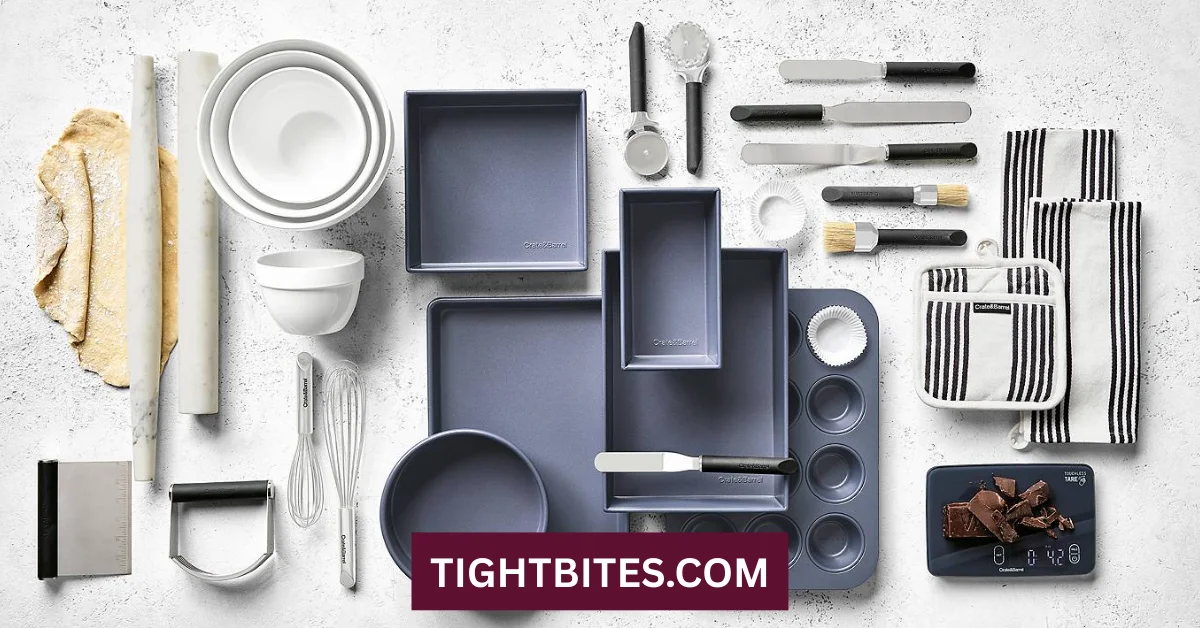
You don’t need a kitchen full of fancy gadgets to start cooking! For budget-friendly cooking for beginners, a few essential tools will get you very far. A good-quality chef’s knife, a sturdy cutting board, a large pot, a frying pan, and a baking sheet are basics you can’t skip.
There’s no need to splurge on expensive brands either. Affordable options at big-box stores or online retailers often perform just as well. Consider checking secondhand stores or local marketplaces for amazing deals on kitchen essentials that are barely used.
Multipurpose tools are your best friends when you’re saving money. Look for items like a cast-iron skillet (great for stovetop and oven use) and a stick blender (for soups and smoothies). Minimalist but high-quality tools make cooking easier — and cheaper — in the long run.
3. Pantry Staples Every Beginner Cook Should Stock Up On
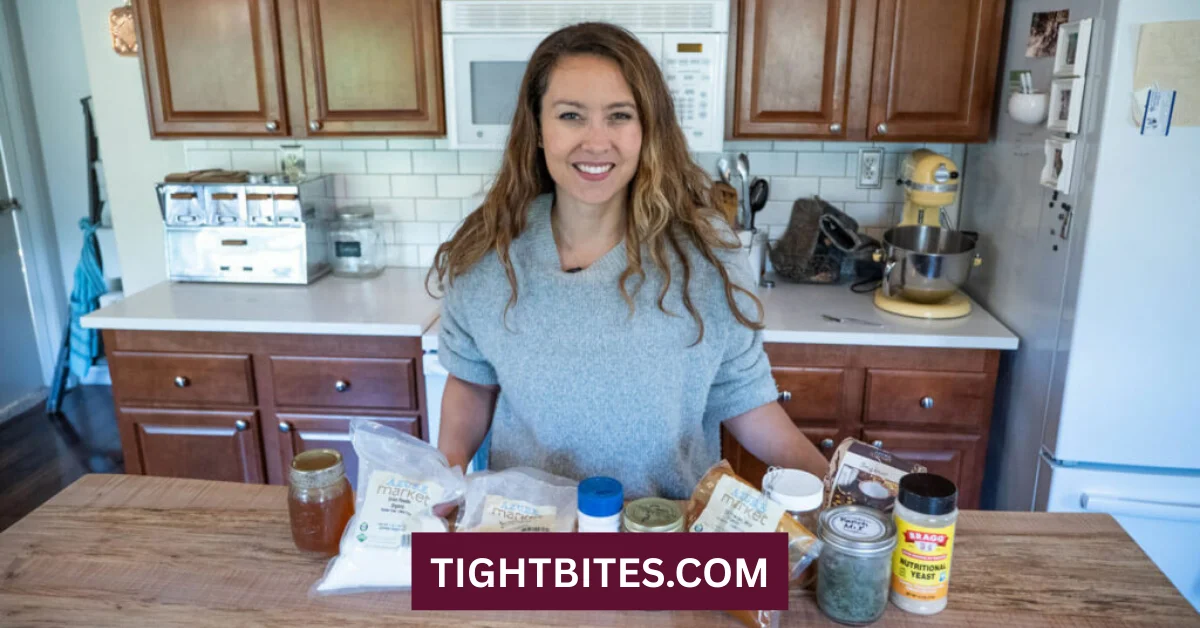
Having a well-stocked pantry is a secret weapon for budget-friendly cooking for beginners. Non-perishable essentials like rice, pasta, oats, beans, canned tomatoes, and spices offer flexibility to create a wide variety of meals on the fly.
Buying in bulk can save you a significant amount, especially for items like lentils, flour, and baking essentials. Store your ingredients properly in airtight containers to extend shelf life and prevent spoilage. Labeling your pantry staples also helps you track what you have and avoid waste.
Organizing your pantry by category — grains, proteins, spices — makes it easier to plan meals and spot when you’re running low. A tidy pantry reduces food waste and ensures that you always have the basics to throw together a quick, satisfying meal.
4. Smart Grocery Shopping Tips for Saving Big

Planning before you shop is a huge money-saver. Start by creating a weekly meal plan and writing down exactly what you need. Sticking to a list prevents impulse buys and keeps your total bill lower.
Using loyalty cards, store apps, and coupons can stretch your budget even further. Focus on seasonal produce and sale items to maximize savings. Buying generic or store-brand products instead of name brands often results in big savings without sacrificing quality.
Another golden rule of budget-friendly cooking for beginners: never grocery shop when you’re hungry! You’ll be more tempted to buy pricey, unnecessary snacks. Eating a small meal beforehand ensures you shop thoughtfully and strategically.
5. Easy, Budget-Friendly Meals You Can Make Tonight
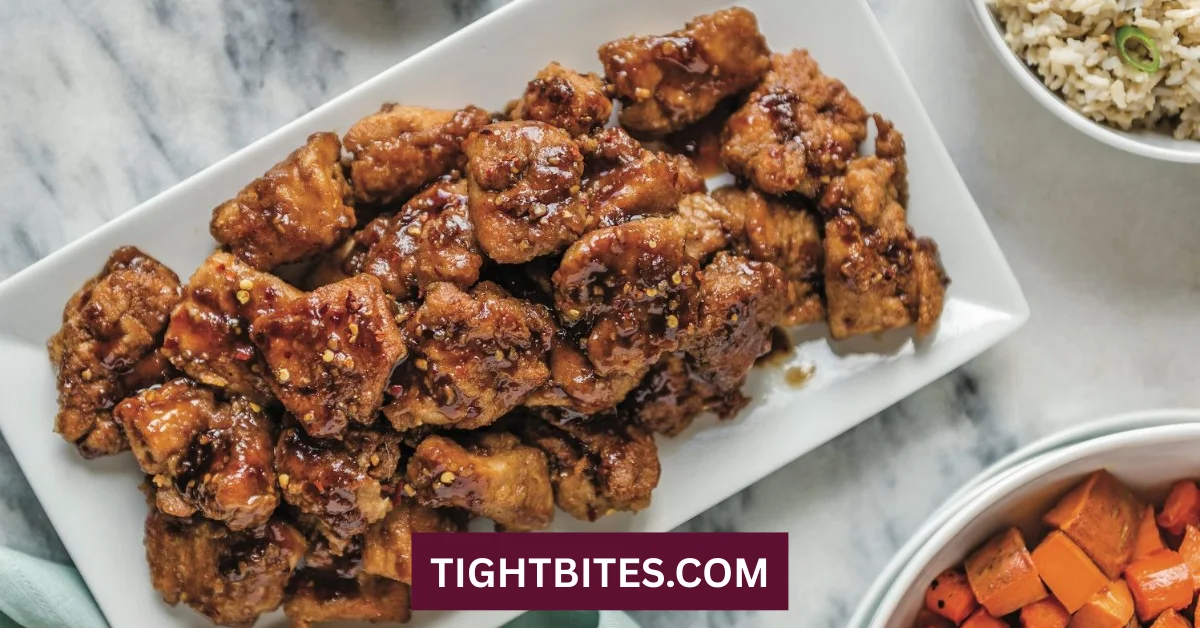
You don’t need to spend hours in the kitchen to make affordable, delicious meals! Start with simple dishes like stir-fries, pasta with marinara sauce, omelets, or hearty vegetable soups. These options require minimal ingredients and deliver maximum flavor.
Recipes with five ingredients or fewer are perfect for beginners. For example, a chicken and rice casserole needs just rice, chicken broth, chicken breasts, onions, and seasoning. Toss them together, bake, and you have a wholesome meal for a few dollars per serving.
One-pot recipes save money, time, and cleanup effort. Think chili, stew, or rice pilaf — all hearty, budget-friendly classics. These meals often taste even better as leftovers, stretching your dollar even further throughout the week.
6. How to Meal Prep on a Tight Budget
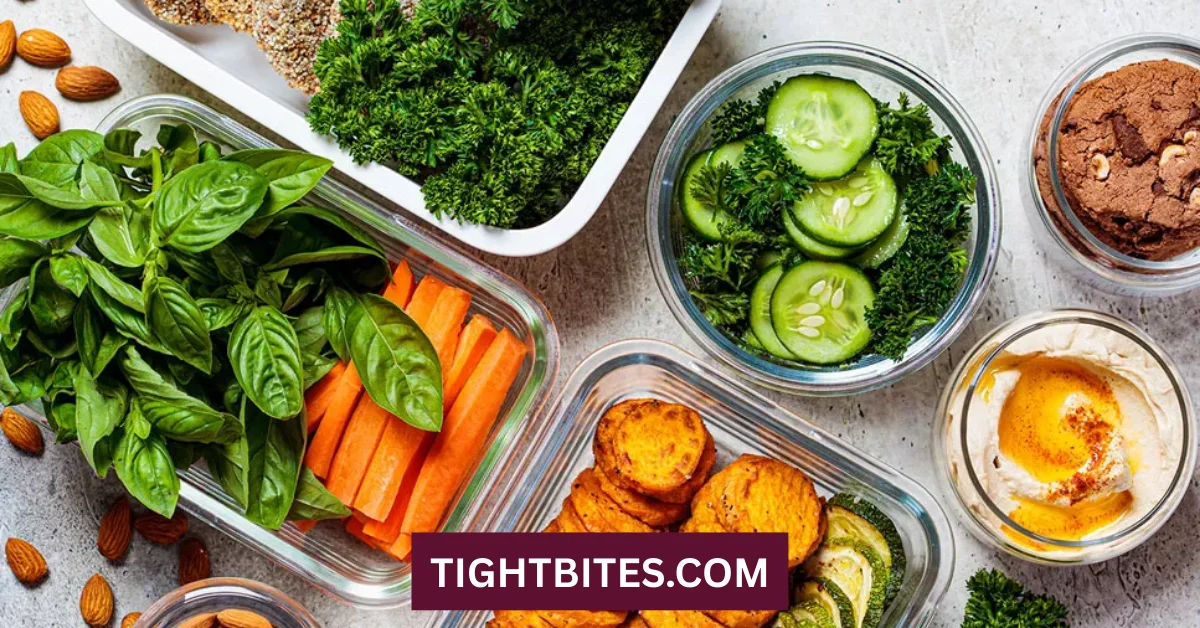
Meal prepping might sound fancy, but it’s one of the most effective ways to make budget-friendly cooking for beginners easy and sustainable. Set aside a few hours on weekends to prep grains, roast vegetables, and portion out proteins.
Batch-cooking staple ingredients like quinoa, chicken, or roasted veggies allows you to mix and match meals during the week without getting bored. Plus, it saves you from grabbing expensive takeout when you’re tired or busy.
Invest in a few sturdy, reusable containers to store your prepped food. Label everything with dates and keep a running list of meals in your fridge or freezer so nothing goes to waste. Meal prepping helps you stay organized and maximize every grocery dollar.
7. Common Mistakes Beginners Make (and How to Avoid Them)

One of the biggest mistakes beginners make is overspending on gadgets and specialty ingredients that aren’t actually necessary. Focus on mastering simple dishes first before investing in fancy equipment or exotic spices.
Another common trap? Not using leftovers creatively. Tossing extra cooked rice or roasted vegetables is literally throwing money away! Learn how to repurpose leftovers into soups, salads, or casseroles for new, exciting meals.
Finally, remember that cooking is a skill — and like any skill, it takes practice. If you mess up a meal, don’t get discouraged! Mistakes are a normal part of the journey. Keep trying, and you’ll become a better, more confident cook faster than you think.
8. Creative Ways to Stretch Your Ingredients

Stretching ingredients is one of the smartest skills for budget-friendly cooking for beginners. A roasted chicken can become chicken tacos, chicken salad, and chicken soup over several meals, saving you time and money.
Vegetables nearing the end of their freshness can be transformed into stir-fries, soups, or even roasted vegetable bowls. Grains like rice and quinoa serve as bases for multiple meals throughout the week when mixed with different proteins and veggies.
Mastering sauces — like tomato sauce, yogurt dressings, or peanut sauce — adds variety to your meals without requiring a bunch of extra ingredients. A little creativity goes a long way toward making your groceries work harder for you.
9. Delicious Recipes Under $5 a Serving

You don’t have to sacrifice taste when cooking on a budget! Dishes like black bean burritos, vegetable fried rice, lentil soup, or spaghetti aglio e olio (pasta with garlic and oil) can all be made for under $5 a serving.
Calculating your cost per serving is easier than it sounds. Simply divide the total cost of all your ingredients by the number of servings you make. This helps you plan meals more strategically and ensure you’re staying within your budget.
Ingredient swaps are another easy hack to save money. Use canned tuna instead of fresh fish, or frozen vegetables instead of fresh if prices are high. Tiny changes like these add up to big savings over time.
10. How to Keep Cooking Fun and Motivating on a Budget

One of the best parts about budget-friendly cooking for beginners is that it can actually become really fun! Celebrate small victories, like trying a new recipe or mastering a tricky technique, to keep yourself motivated.
Creating challenges, like preparing an entire dinner for under $10, keeps things exciting. Invite friends over for a potluck where everyone brings a budget-friendly dish — you’ll get new ideas and have a blast.
Joining online communities or following budget cooking blogs gives you constant inspiration. Seeing others thrive on a budget reminds you that you’re part of a larger movement — one where delicious meals don’t have to cost a fortune!
Conclusion:
Budget-friendly cooking for beginners isn’t just about pinching pennies — it’s about empowerment, creativity, and living better. From smart shopping to simple one-pot wonders, you now have a toolkit that can save you thousands while boosting your skills in the kitchen.
Remember, every meal you make at home is a win — for your health, your wallet, and your confidence. Don’t be afraid to experiment, learn from your mistakes, and most importantly, have fun with it! Cooking doesn’t have to be perfect; it just has to be yours. 🍽️✨
Start today — your wallet (and your taste buds) will thank you!
FAQs
Q1. What are some good first recipes for beginner budget cooks?
Start with simple recipes like scrambled eggs, pasta with tomato sauce, stir-fried vegetables, or a basic rice and beans dish. These are easy, affordable, and build your confidence.
Q2. How much can I realistically save by cooking at home on a budget?
You can save anywhere from $2,000 to $4,000 annually by consistently cooking at home instead of eating out. The savings add up surprisingly fast with just small changes!
Q3. What foods should I always have for budget-friendly meals?
Keep pantry staples like rice, pasta, oats, canned beans, frozen vegetables, eggs, and peanut butter. These items are cheap, versatile, and form the base for dozens of meals.
Q4. How do I meal prep if I have no time?
Focus on simple batch cooking: make big pots of grains, roast veggies, and prep proteins once a week. Even setting aside 1–2 hours on Sunday can set you up for success.
Q5. Is it healthier to cook on a budget than eat out?
Absolutely! Home-cooked meals typically have less sugar, sodium, and unhealthy fats compared to restaurant food, helping you eat healthier even when sticking to a tight budget.
